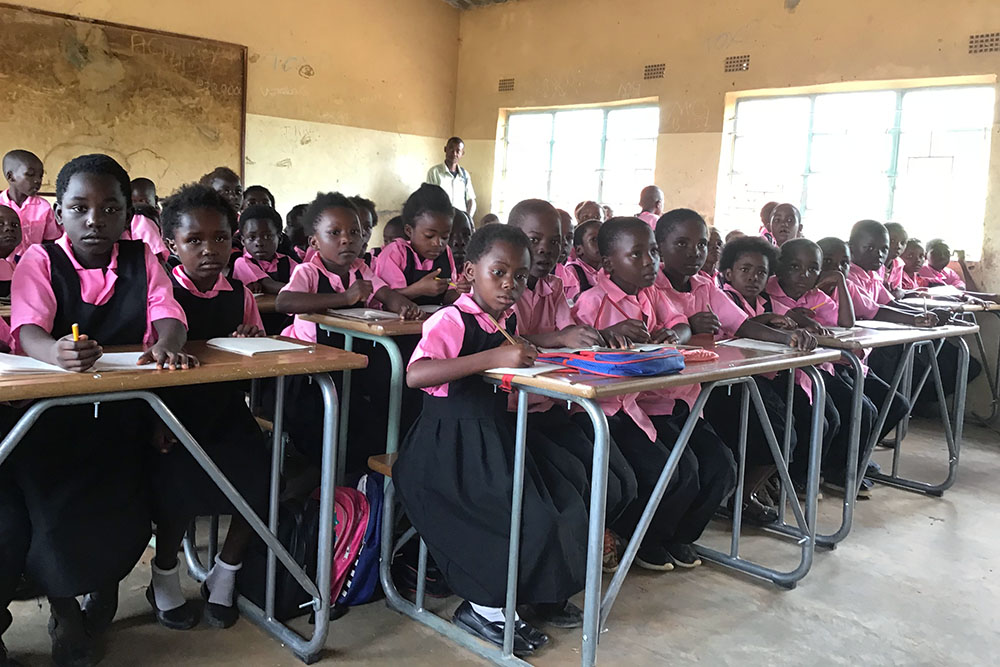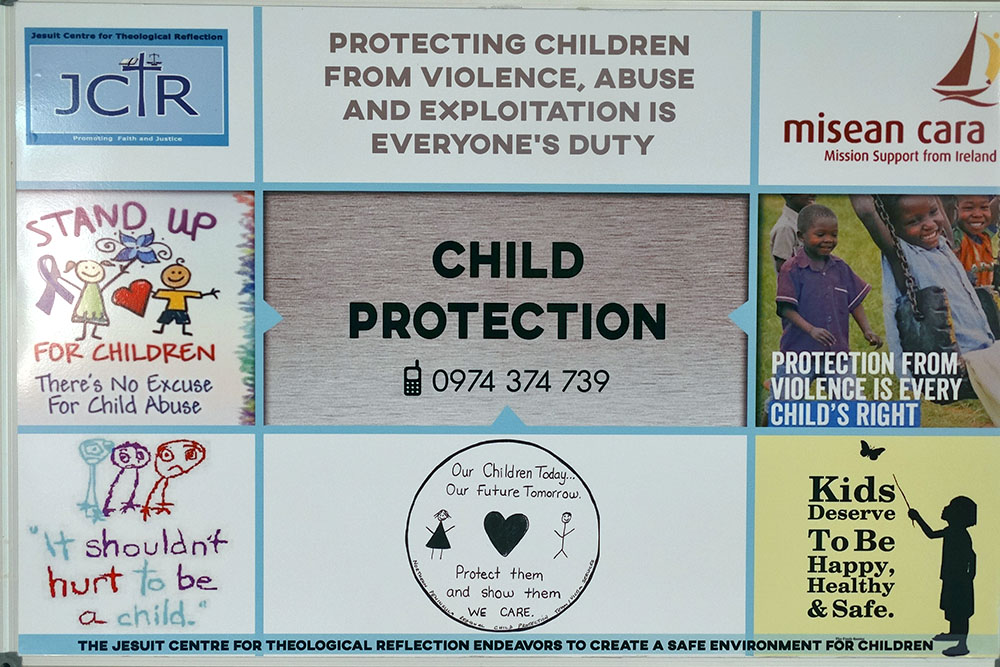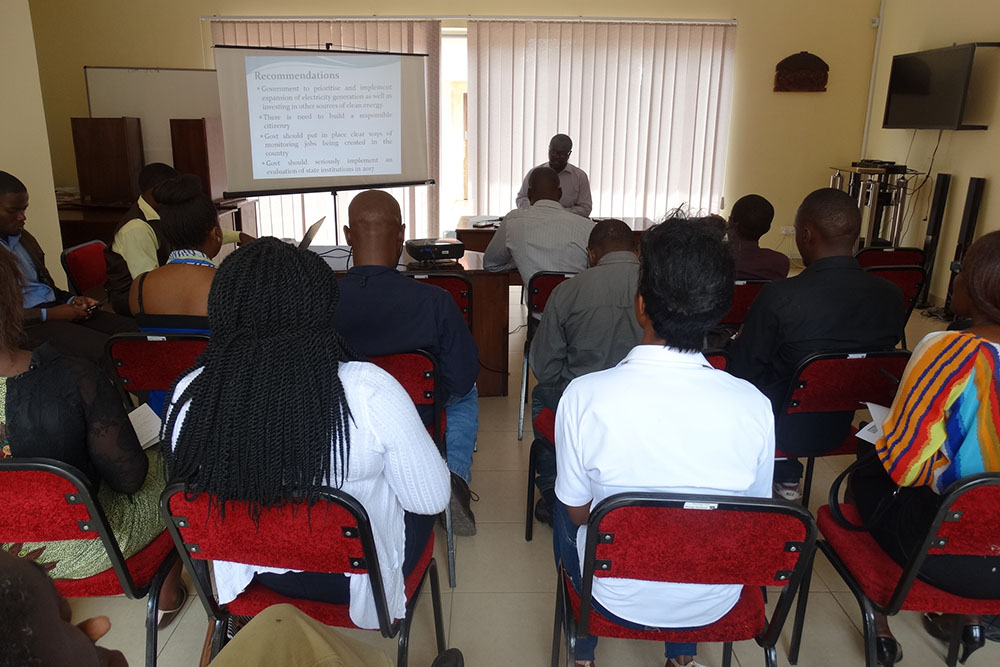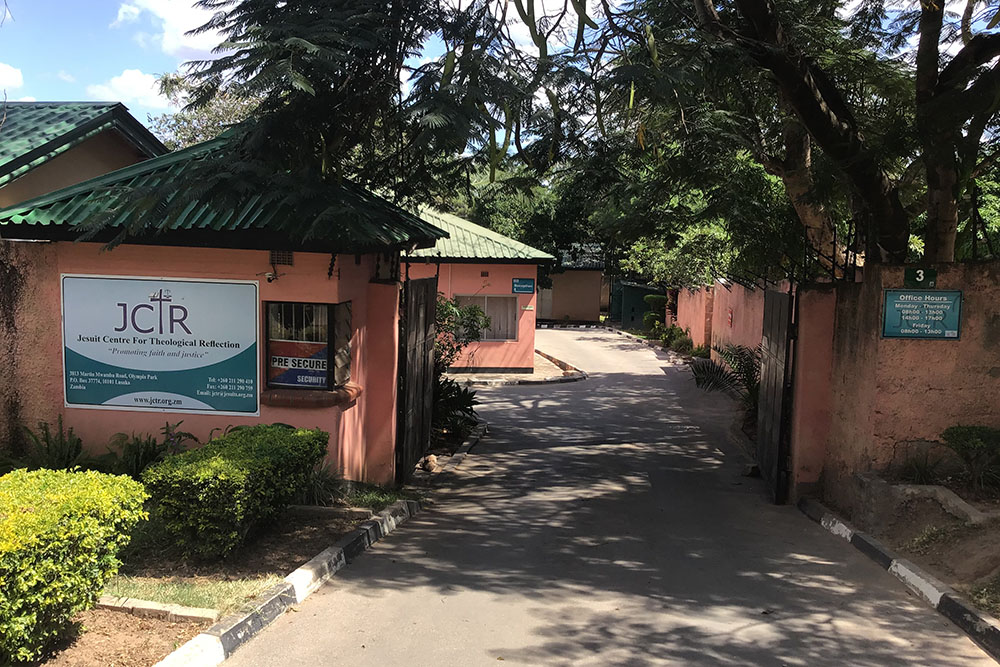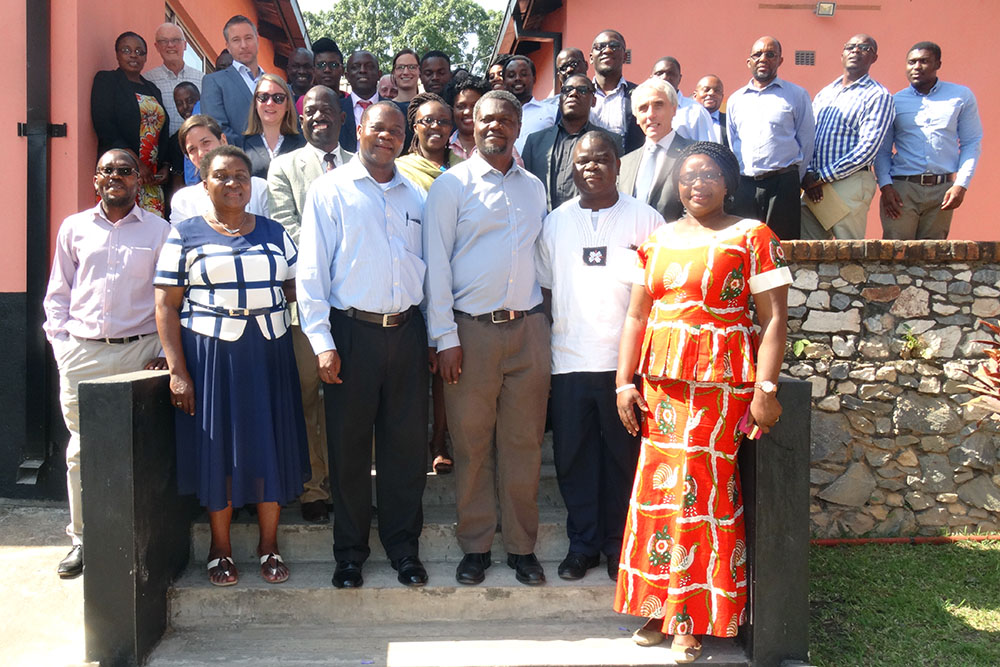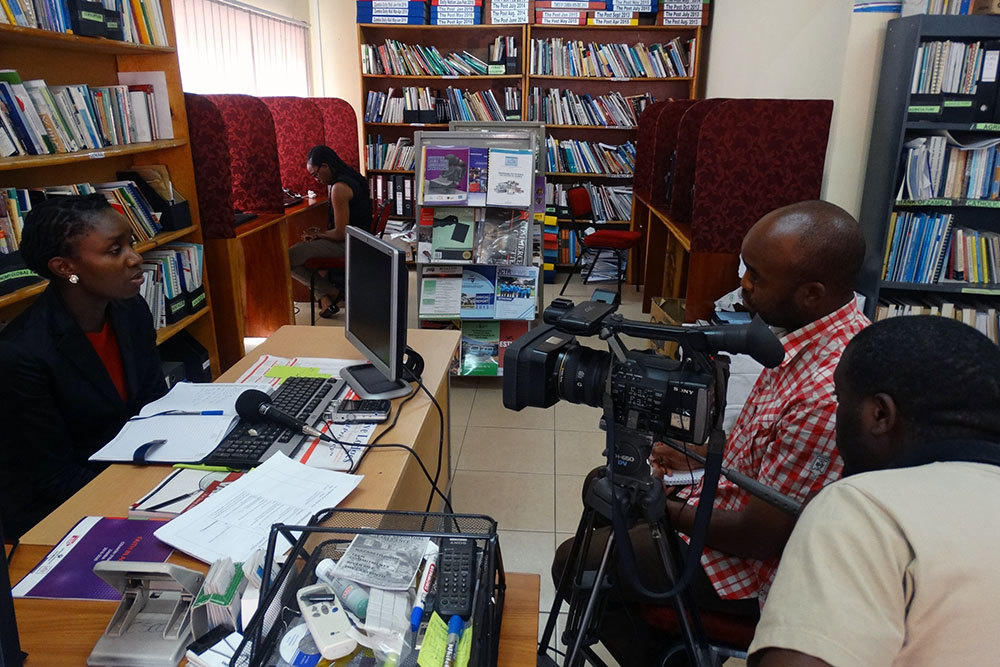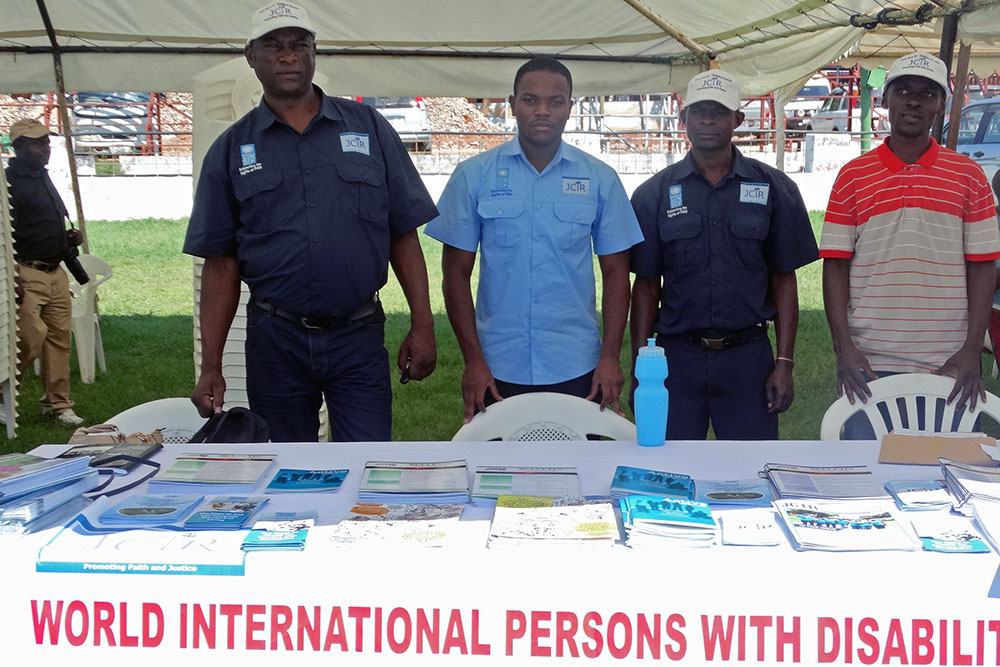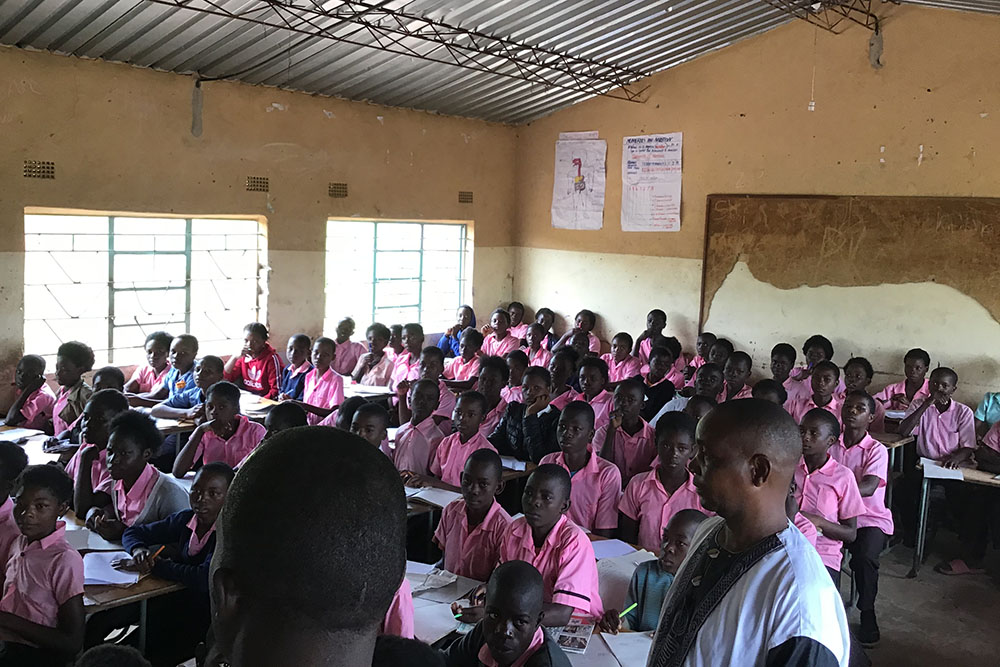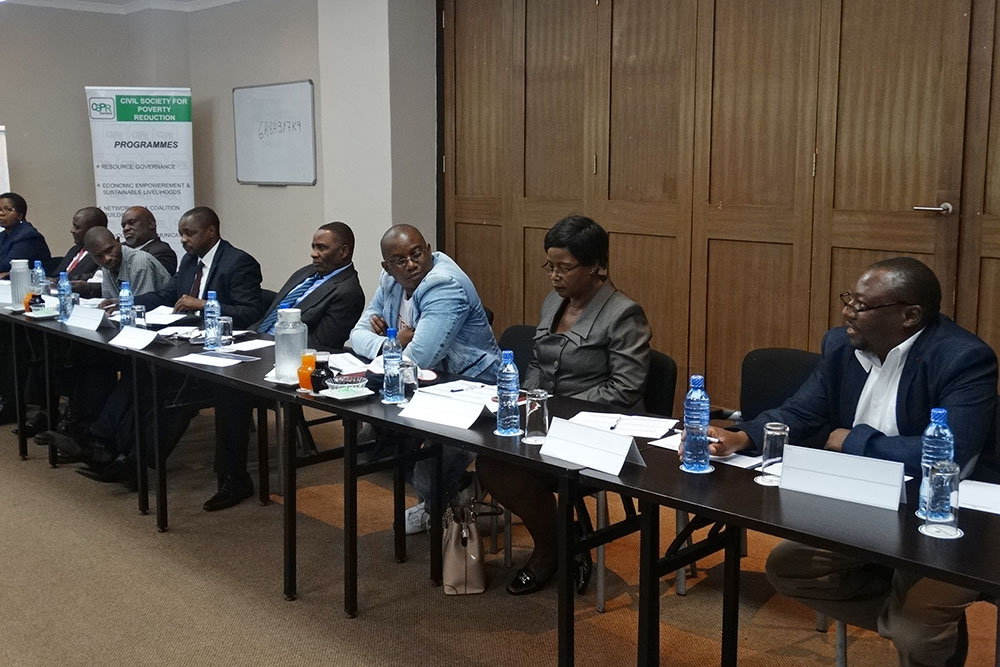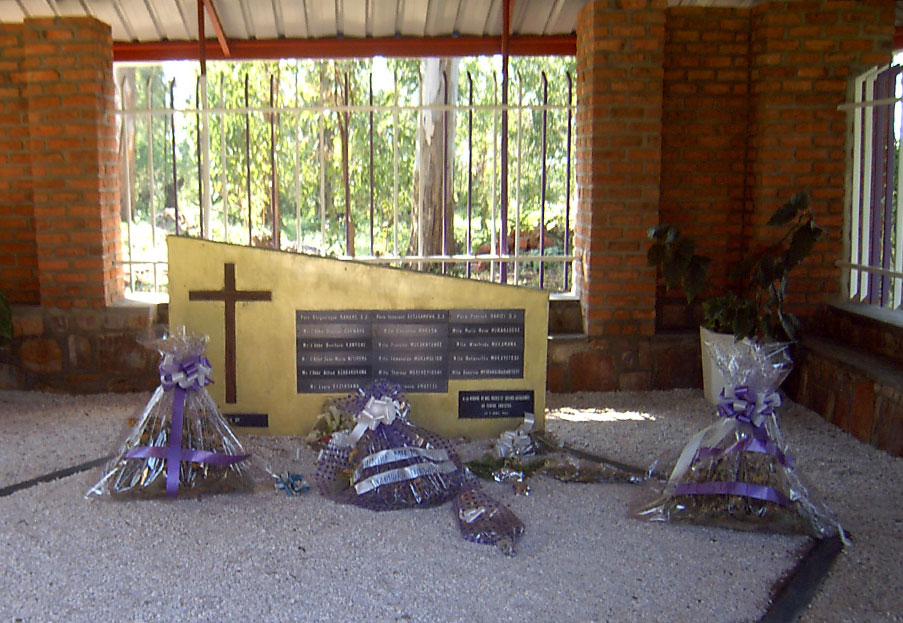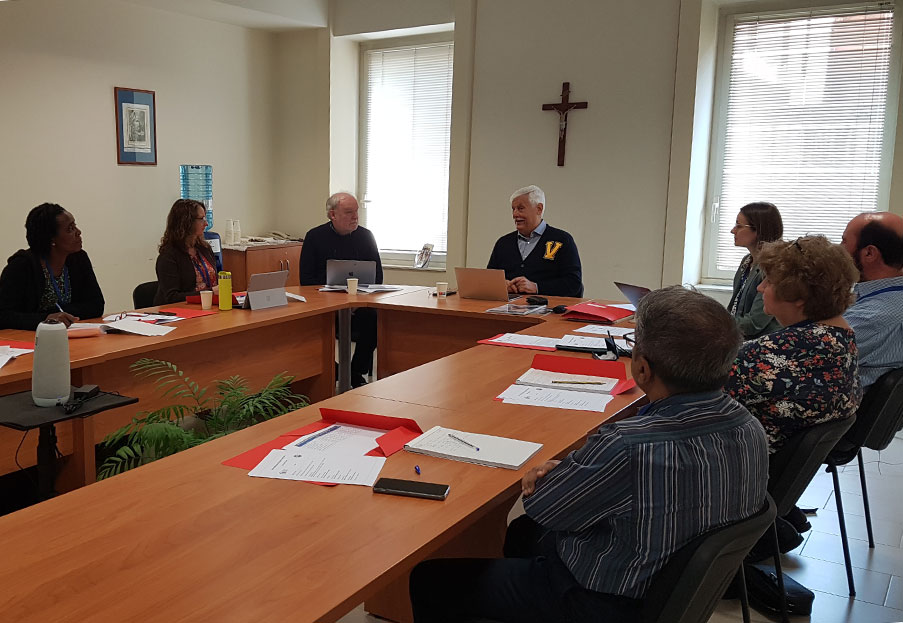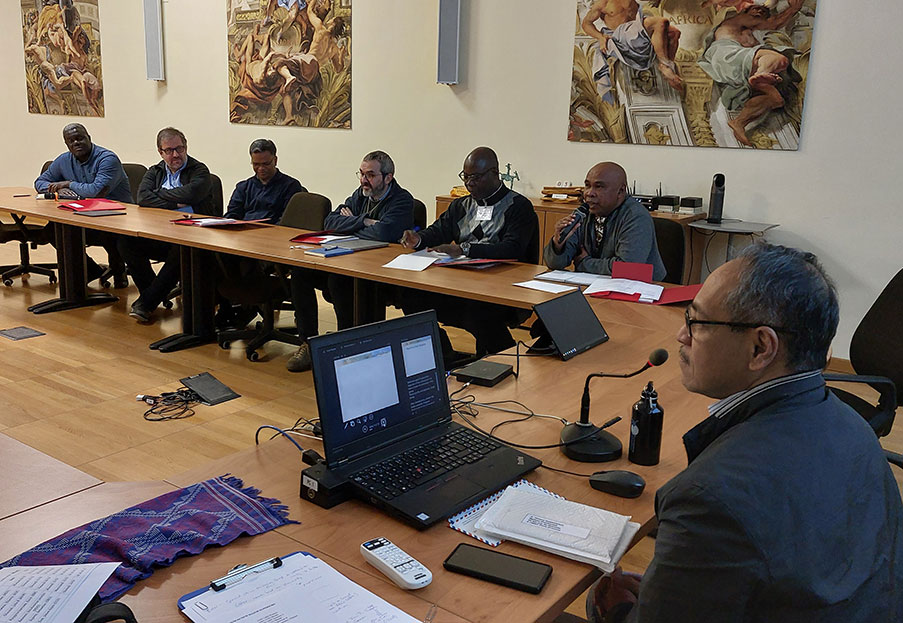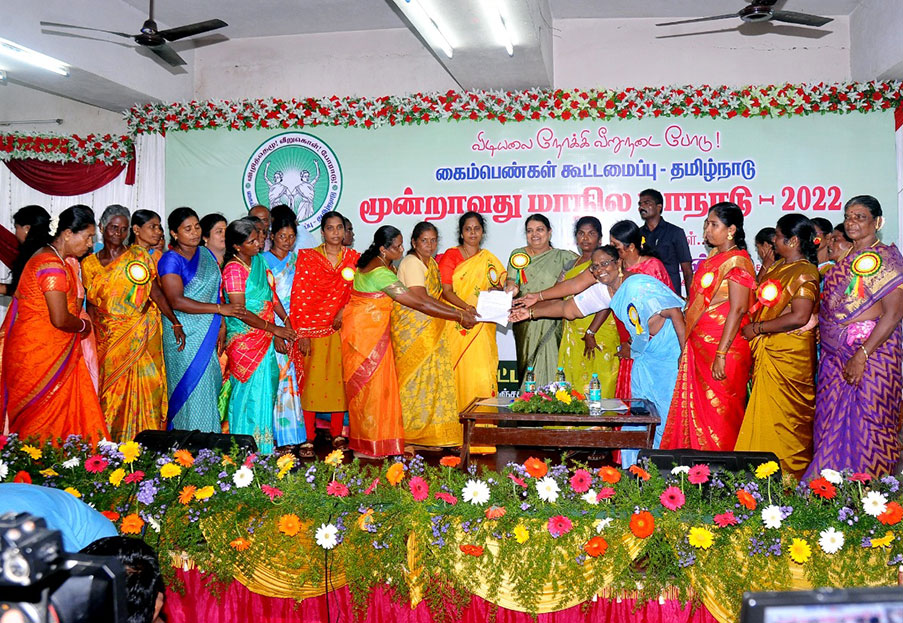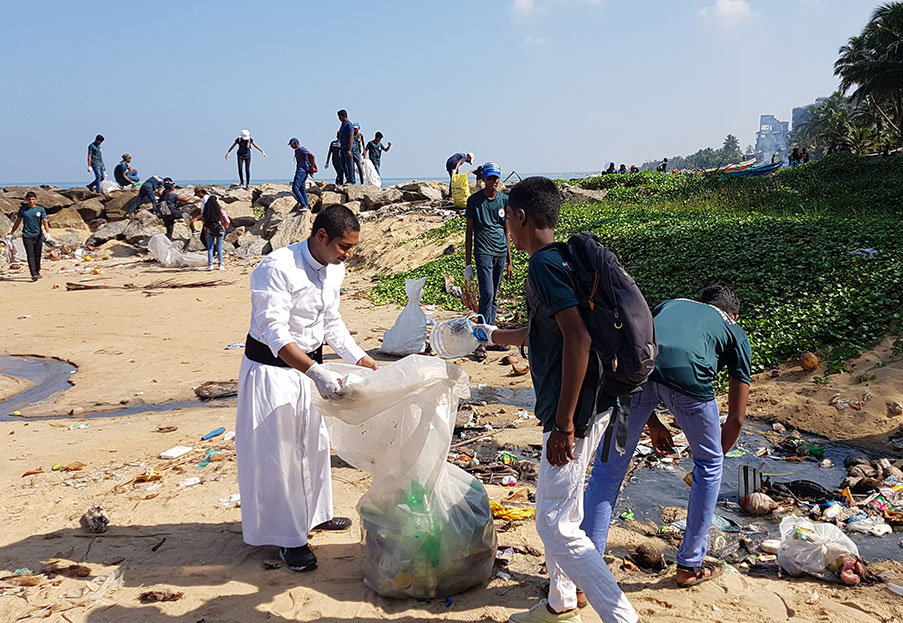Pastoral circle and social apostolate activities in Zambia
When the Zambia Province decided in 1988 to begin a social center in Lusaka, just what it would do and how it would do it was not altogether clear. Starting out with a rather “cloudy” name, Jesuit Centre for Theological Reflection (JCTR), the original orientation was more toward research than action, with a mixed focus on contemporary social challenges.
But in the years that followed, as Zambia moved from a one-party state to a rather tumultuous multi-party democracy and erratic economic scene, the JCTR expanded its activities to include four essential elements:
• Research: preparing quality and well-respected theological probings and social science investigations.
• Education: disseminating research findings through publications, newsletters, workshops, media presentations.
• Advocacy: engaging the wider public in political pressures for social justice programmes in civil society and church, local, national and international.
• Consultation: advising Church social activities (e.g., pastoral letters), testifying before Parliament, serving on civic committees.
As a start to a quick and incomplete review of the JCTR mission and
activity, it might be interesting to note some social, economic and political
changes over the past thirty years since its founding. At least some rough
figures can help compare 1988 and 2018.
A sterling example of JCTR’s four-fold approach was the work on seeking justice to deal with Zambia’s immense burden of external debt. In the late 1990s and early 2000s JCTR became a central player in the world wide effort of the Jubilee Debt campaign. The effort was to secure cancellation by showing (1) how that debt was in fact incurred and (2) what its consequences were for local citizens.
I recall a high level meeting that it was my good fortune to be invited to in Washington DC in 1998. The President of the World Bank was there and he said quite strongly to me: “Fr. Henriot, this cancel the debt campaign isn’t going anywhere. The World Bank does not cancel debts. Hear me: we don’t cancel debts!” Twelve months later, Zambia received over USD 3 billion in debt cancellation, including significant reduction in World Bank debt. And subsequently even more cancellation came through – the consequences of JCTR’s cooperation with the worldwide Jubilee campaign, doing good research, education and advocacy. A figure that surely is a challenge to JCTR’s mission today is that in a recent World Bank report Zambia is ranked as the fourth most unequal country in the world (following after South Africa, Namibia and Botswana).
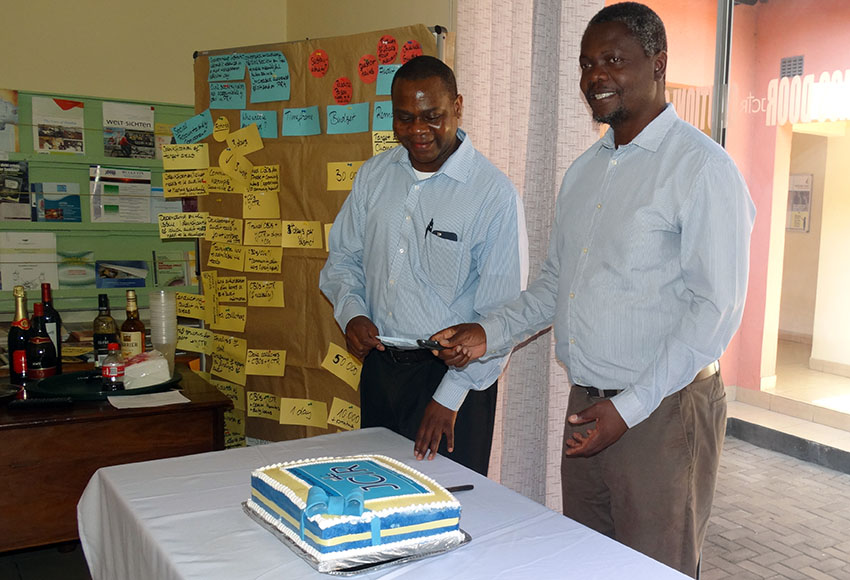
Looking back over more than thirty years of JCTR activities, the
methodology for implementing these challenging activities could be characterised
as following the “pastoral circle” by engagement in experience, analysis,
reflection and action. This popular social science tool pushed the team to be
engaged with important challenges and not simply stay in their office, to ask
deeper questions of why there were these challenges, to ponder the issues of
faith and justice arising from the issues, and finally to move toward
well-planned responses.
These four steps of the pastoral circle can be seen in the pursuit by the JCTR team of key issues facing Zambia from its start even to this day.
Experience: the rising debt crisis was felt in constrained government budgets for health and education; the cost of living exceeded family incomes and hunger was felt; social rights was given low priorities in constitutional debates; and corruption was endemic in so many circles.
Analysis: surveys such as the “Basic Needs Basket” showed the unhealthy gap between national needs and available resources; in-depth study of budgetary allocations demonstrated the fall into paralyzing national debt situations; social rights were described to show why good educational opportunities were minimally available to the poorer populations.
Reflection: what do these issues mean to people of faith and citizens of traditional values were explored through theological studies, application of the church’s social teaching and recollection of the tenets of Zambian humanism. Ignatian spirituality also influenced the reflection.
Action: steps for effective dealing with the issues experienced could then be promoted, e.g., through visits to public officials, popular demonstrations, petitions to push for international pressures, publicity campaigns, etc.
The value of using a pastoral circle approach, and its relevance to
Jesuit social apostolate in Africa today and into the future, can be seen in
its link to first-hand experience of issues, keen insight into causes and
consequences, clarification through faith focuses, and movement to well
thought-through responses.
[Article from "Jesuits - The Society of Jesus in the world - 2020", by Pete Henriot SJ]

